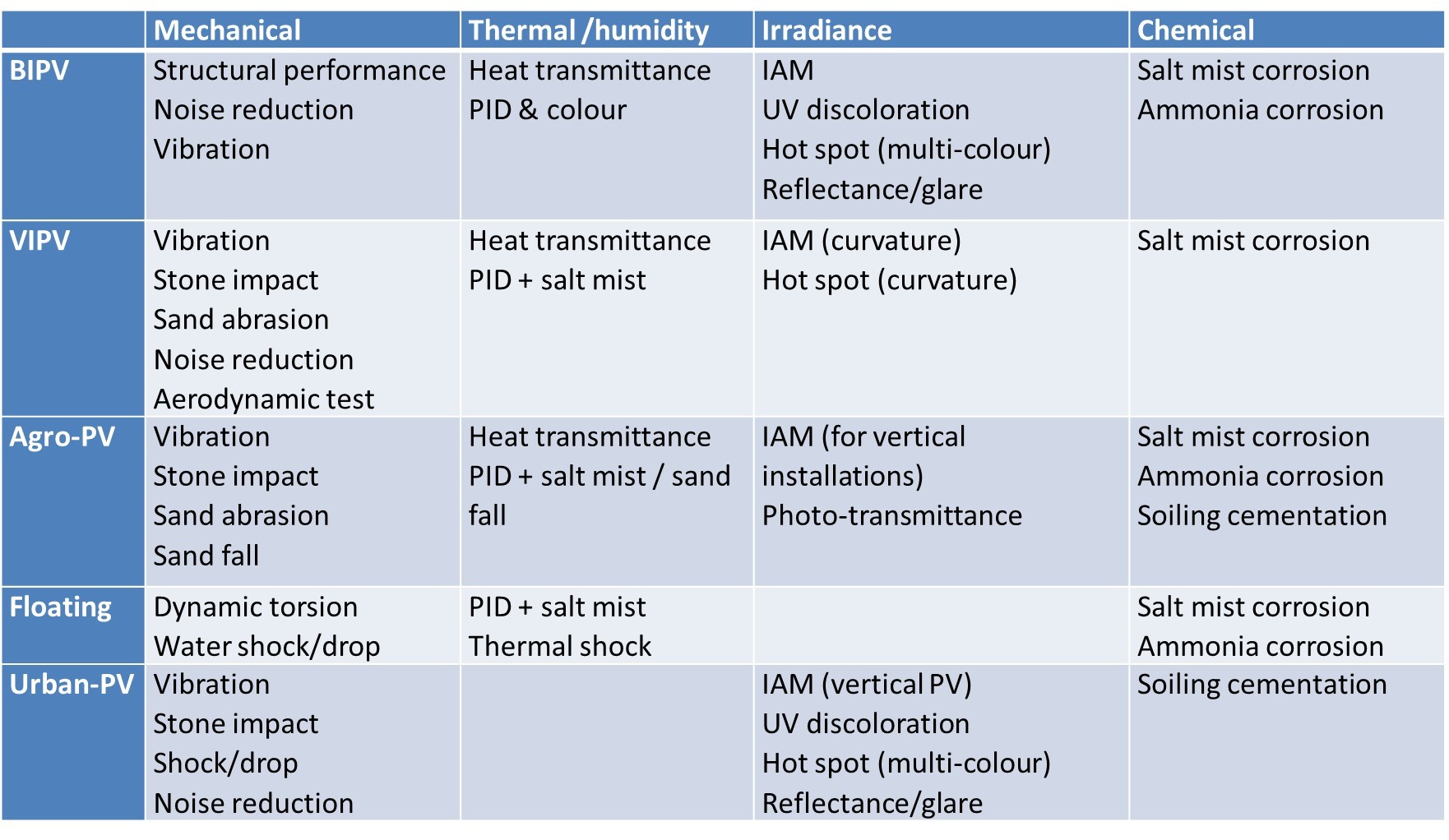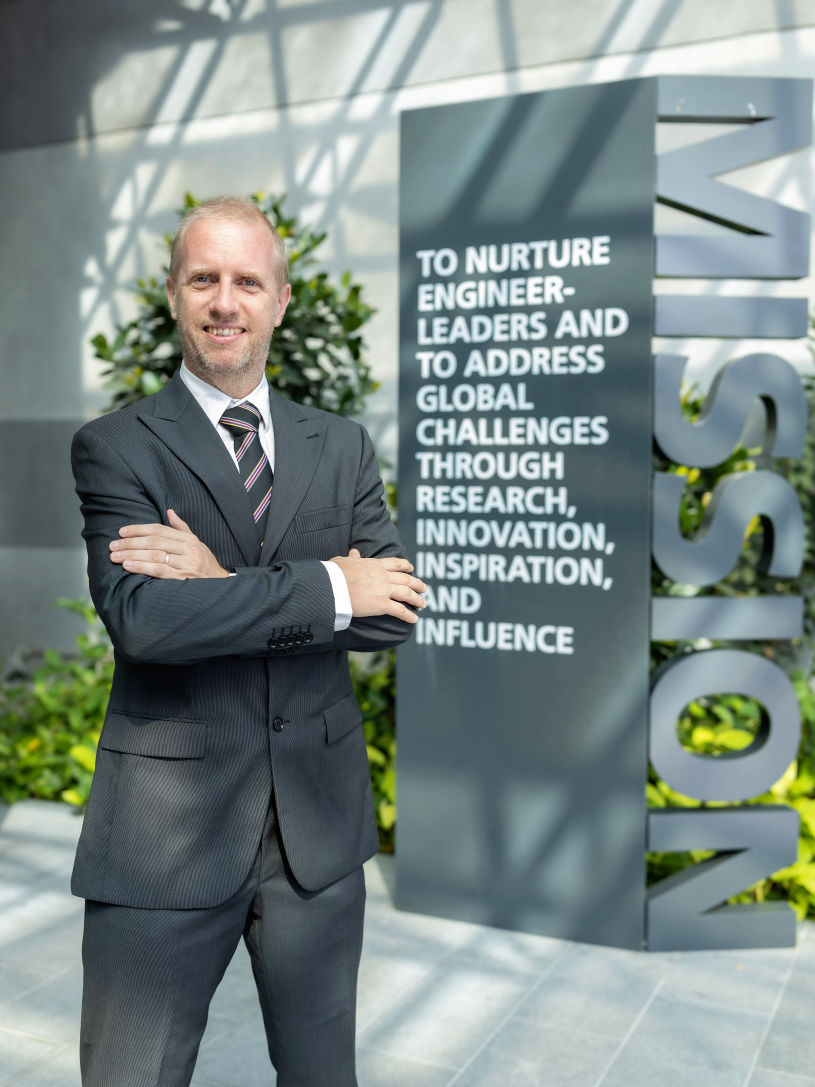Keynote Speaker
Biography
Dr Mauro Pravettoni is Director of PV Modules for Urban Solar at the Solar Energy Research Institute of Singapore (SERIS), National University of Singapore (NUS). He got his PhD at the Imperial College London. He is co-convenor of Singapore’s International Electrotechnical Commission (IEC) Mirror Committee for Solar Energy. He is member of IEC TC82, of the British Society for the Philosophy of Science and Technical Assessor for NATA, the Australian National Agency of Testing Authorities. From 2007 to 2010 he worked at ESTI, the European centre of reference for solar testing. From 2010 to 2016 he did his research on solar metrology in Switzerland. Since 2017 he works at NUS, where he leads SERIS’ ISO 17025 accredited Laboratory for Characterization & Reliability of solar modules. Since 2018 he is member of the International Scientific Committee at SNEC, Shanghai. He wrote 30+ peer-reviewed papers, books, and a number of conference proceedings. In 2008 he co-developed the world record efficiency luminescent solar concentrator.
New Reliability Challenges for Solar Deployment in Urban Environment
M. Pravettoni
Abstract
The recent evidence of the need for a further boost in solar photovoltaic (PV) deployment has triggered actions from policymakers, for example in South-East Asia [1]. These are leading to a change of paradigm in the PV community, from established PV applications (mainly: rooftop, and utility-scale for commercial PV modules; but also, space for high-efficiency cells; and to a certain extent indoor and gadgets) towards the exploitation of new “integrated” applications [2]. In 2022 our Institute has co-launched the 1st International Integrated-PV Workshop, bringing together worldwide experts in the following areas: building-integrated PV (BIPV), vehicle-integrated PV (VIPV), agro-PV, floating-PV, and PV integrated into urban infrastructures (e.g. noise-barrier PV, PV fence, road-integrated PV, PV shields, PV-carports, etc.). Modules designed for these novel PV applications require to rethink the test procedures for their qualification and new advanced stress tests will be needed to ensure that modules can withstand these specific operational environments. In this talk, the author will address the stresses to be assessed soon, to ensure PV module reliability in the new paradigm of PV deployment. These can be drafted from the IEC 60068 standard series, taking into account those parameters that are related to floating PV but currently not yet fully integrated into the PV module qualification standards, some of which are summarized in Table 1.

Table 1: List of stress mechanisms that shall be addressed for novel integrated PV applications.
This research is supported by the National Research Foundation, Singapore. SERIS is a research institute at the National University of Singapore (NUS). SERIS is supported by NUS, the National Research Foundation Singapore (NRF), the Energy Market Authority of Singapore (EMA) and the Singapore Economic Development Board (EDB).
References
[1] https://www.greenplan.gov.sg/
[2] IRENA (2019), “Future of Solar Photovoltaic”, Abu Dhabi.

